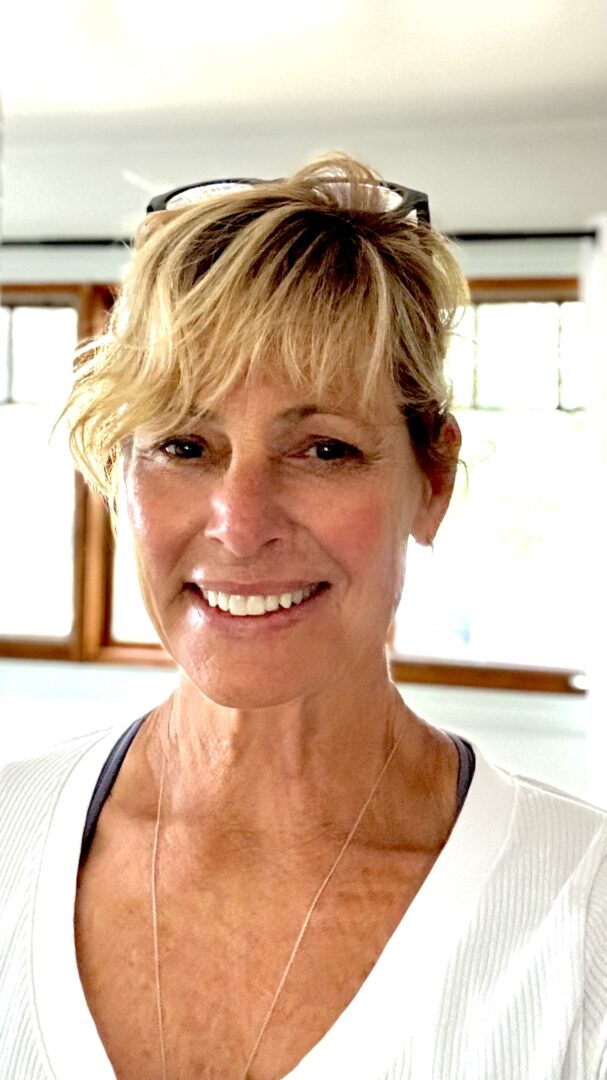We’re excited to introduce you to the always interesting and insightful Valerie Ferrario. We hope you’ll enjoy our conversation with Valerie below.
Valerie, looking forward to learning from your journey. You’ve got an amazing story and before we dive into that, let’s start with an important building block. Where do you get your work ethic from?
I developed my work ethic early, thanks in large part to my father. He was a tireless worker – often juggling many jobs at once -yet he was always committed to what needed to be done. I remember growing up, we had a range of animals – horses, goats, chickens, etc. – he would often remind me, “Those animals can’t feed themselves.” That meant, even if I’d spent the night at a friends, I had to be home by 7 a.m. to handle chores. At the time, it seemed like a total inconvenience. But over the years, it taught me that when others rely on you – whether animals or people – showing up isn’t optional.
That sense of responsibility has carried into every facet of my professional life. In my work as a coach and end-of-life doula, I support people in deeply vulnerable moments. What I learned as a kid – about dependability, care, and consistency – now underpins how I serve others. For me, work ethic means more than effort; it means being fully present for those who count on me, and honoring that trust with integrity and follow-through.
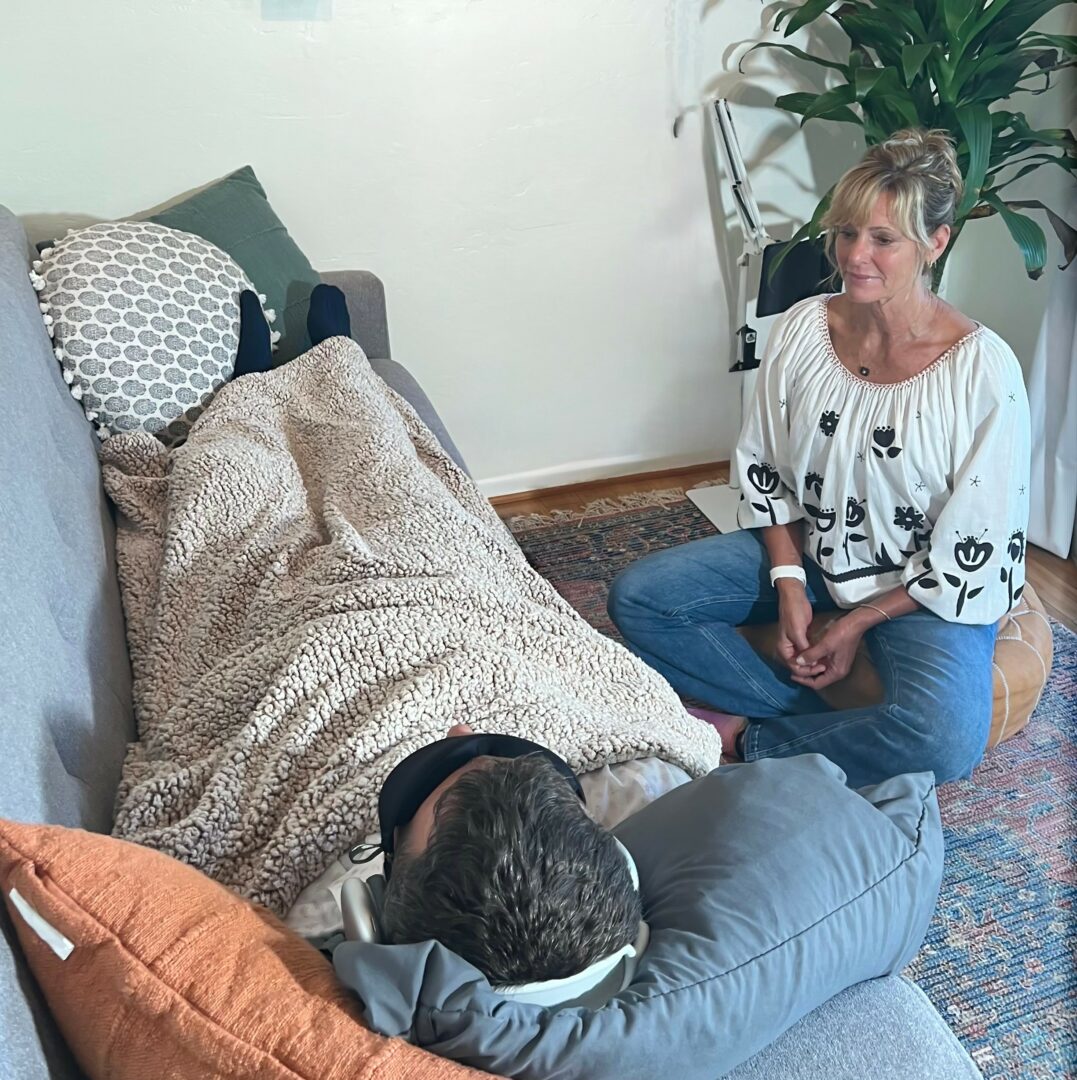
Thanks, so before we move on maybe you can share a bit more about yourself?
I work as an End-of-Life Doula, Psychedelic and Integration Facilitator, and Recovery and Wellness Coach. What excites me most about this work is supporting people through major transitions – working through addiction and recovery, preparing for or integrating a psychedelic experience, facing the end of life, or working through a combination of these experiences. Since each person comes in with different needs, my role is to help them identify what they’re working with at the moment, what might be getting in the way, and offer suggestions and guidance that are relevant to where they are in the process.
I use tools backed by research and lived experience – like mindfulness, pain reprocessing, and positive neuroplasticity – but the core of the work is in the relationship. It’s about listening, being present, and offering support that’s tailored to their needs and their moment.
I recently published Integrating Non-Ordinary States: A Handbook for Safe and Ethical Exploration, now available on Amazon. It’s a clear, grounded resource for anyone – new or experienced – looking for guidance around altered states of consciousness.
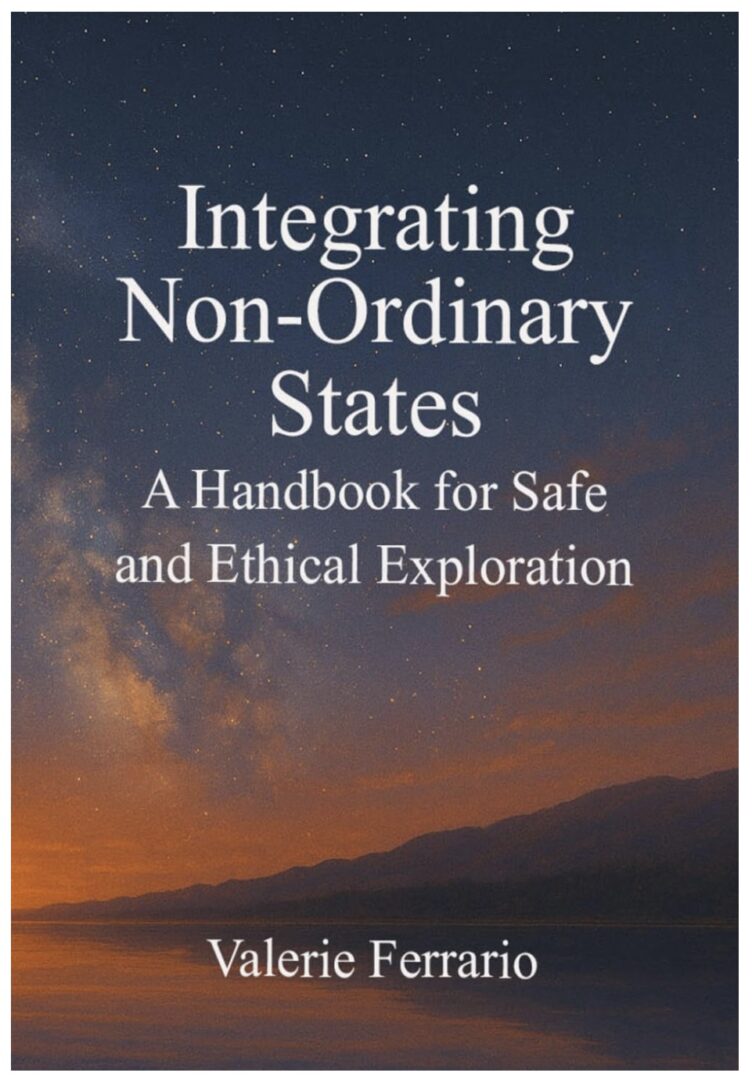
Looking back, what do you think were the three qualities, skills, or areas of knowledge that were most impactful in your journey? What advice do you have for folks who are early in their journey in terms of how they can best develop or improve on these?
My love of learning, staying curious, and being willing to stay flexible have been three of the most important qualities in my journey. I often talk about these in preparation sessions with clients. A psychedelic journey can be challenging enough, and if someone approaches it with rigidity or resistance, it makes the experience even harder. When someone isn’t willing to stay with the discomfort or learn from what’s being shown, they can miss something essential. It reminds me of the saying, “The teacher appears when the student is ready.” Sometimes, though, it’s like the teacher shows up – and the student isn’t quite ready to listen.
As for advice: I don’t really give advice, but I do suggest letting curiosity be your best friend. Stay open, stay flexible. New ideas – especially the uncomfortable ones – often lead us into the most transformative places. It’s a bit like a roller coaster: challenging and thrilling, sometimes all at once.
And most of all: patience, patience, patience. Of the three, that one’s been the hardest for me – patience with the process, with not knowing, and especially with myself. Growth takes time, and learning to trust the timing of things has been just as valuable as anything I’ve learned along the way.
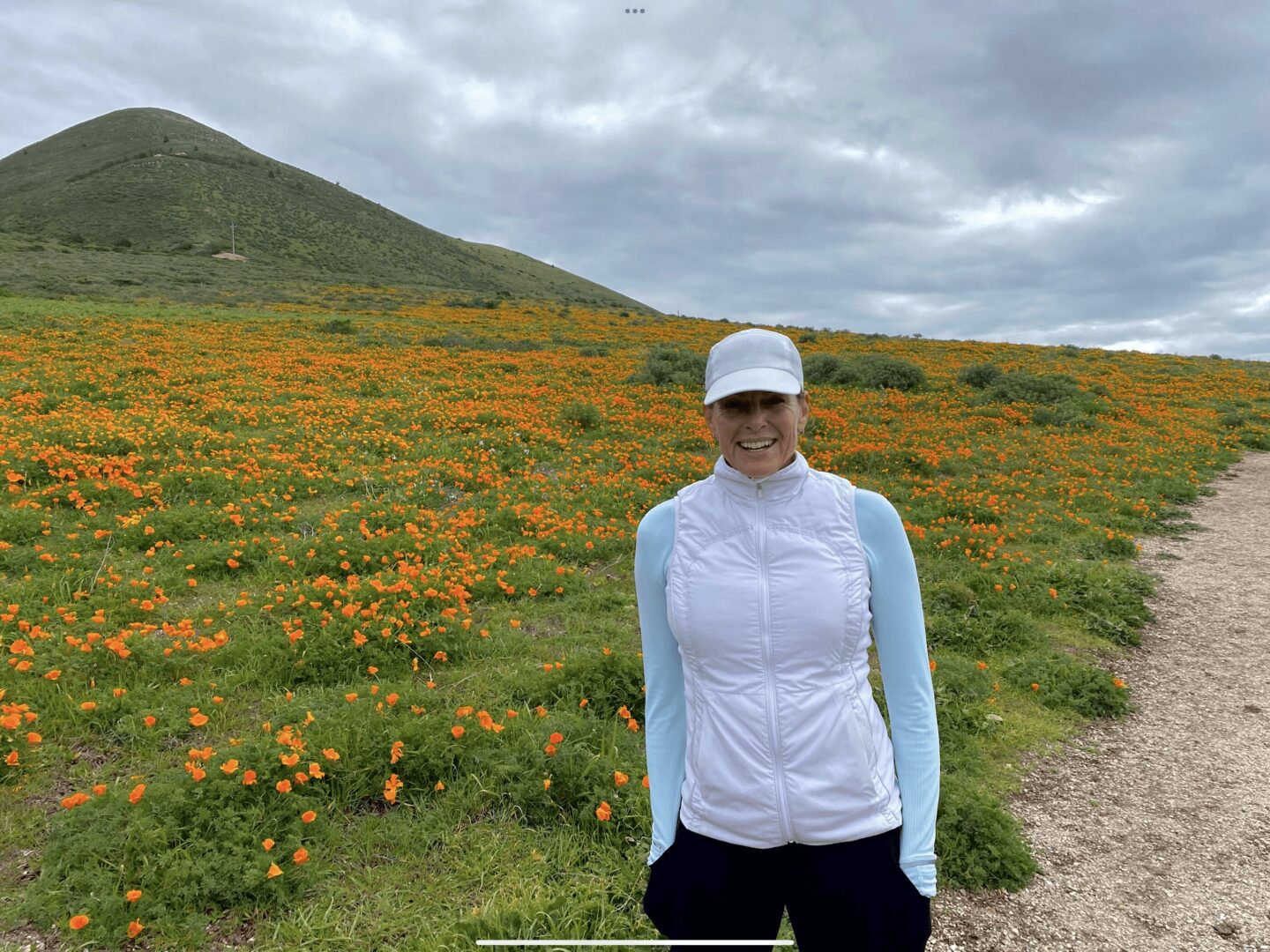
Any advice for folks feeling overwhelmed?
When I feel overwhelmed, I go out into nature. Nature is the great balancer. It reminds me how small we are in the grand scheme of things. I recently returned from the Redwood forest, where those ancient trees have stood for hundreds of years. It’s humbling. They remind me that everything is temporary – including overwhelm. That perspective helps me reset.
I also practice something called “grounding” or “earthing” – walking barefoot on grass or soil for about 20 minutes. While the research is still emerging, some studies suggest it may support mood, reduce pain, and help regulate the nervous system. When done regularly, it can even improve sleep.
Breathing techniques, especially box breathing, also help calm the nervous system. But most of all, I return to gratitude. Gratitude humbles us, connects us, and shifts our focus. Gratitude for the trees, the air, the ground beneath us – it seems so simple, but yet, powerful.
Contact Info:
- Website: Www. SLOMINDFULRECOVERY.com
- Instagram: Valerie.ferrario

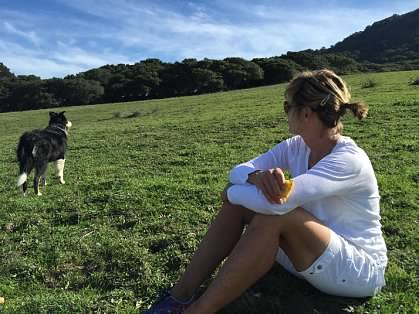
so if you or someone you know deserves recognition please let us know here.

